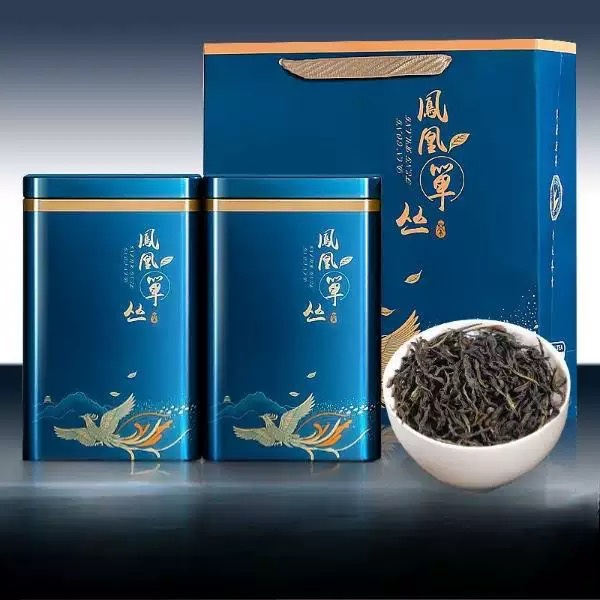
。
# Oolong Tea Tasting Experience
Introduction to Oolong Tea
Oolong tea, a traditional Chinese tea, is known for its unique flavor profile that falls somewhere between green and black tea. The oxidation level of oolong tea can vary, resulting in a wide range of flavors and aromas. Whether you’re a tea connoisseur or a beginner, an oolong tea tasting experience can be both enlightening and enjoyable.
Preparing for the Tasting
To fully appreciate the nuances of oolong tea, it’s essential to prepare properly. Start by selecting high-quality loose-leaf oolong tea. Use fresh, filtered water heated to the appropriate temperature (usually between 185°F and 205°F). Preheat your teapot or gaiwan to maintain the tea’s temperature during brewing.
The Tasting Process
1. Observing the Dry Leaves
Before brewing, take a moment to examine the dry tea leaves. Note their color, shape, and aroma. High-quality oolong leaves are often tightly rolled or twisted, releasing a subtle fragrance that hints at the flavors to come.
2. First Infusion
Pour hot water over the leaves and steep for the recommended time (typically 30 seconds to 1 minute). Observe the color of the liquor as it develops. The first infusion often reveals the tea’s most delicate flavors.
3. Savoring the Aroma
Before tasting, inhale the steam rising from the cup. Oolong teas can offer a complex bouquet of floral, fruity, or roasted notes depending on their variety and processing method.
4. Tasting the Tea
Take a small sip and let the tea linger in your mouth. Notice the initial taste, the developing flavors, and the aftertaste. Quality oolong teas often have a pleasant sweetness and a lingering finish known as “hui gan.”
5. Subsequent Infusions
Oolong teas are known for their ability to be steeped multiple times. With each infusion, the flavor profile may change, revealing different aspects of the tea’s character.
Keyword: Oolong Tea Tasting
Popular Oolong Varieties to Taste
- Ti Kuan Yin (Iron Goddess of Mercy) – A lightly oxidized oolong with floral notes
- Da Hong Pao (Big Red Robe) – A heavily roasted oolong with mineral complexity
- Oriental Beauty – A unique bug-bitten tea with honey-like sweetness
- Milk Oolong – Known for its creamy, buttery texture
Enhancing Your Tasting Experience
To deepen your oolong tea tasting experience, consider these tips:
- Use proper tea ware like a gaiwan or Yixing clay teapot
- Take notes to track your impressions of different teas
- Compare different oxidation levels side by side
- Pair the tea with complementary foods
- Share the experience with fellow tea enthusiasts
Conclusion
An oolong tea tasting is more than just drinking tea – it’s a sensory journey that engages sight, smell, and taste. Each variety tells a story through its unique characteristics, influenced by terroir, processing methods, and brewing techniques. Whether you prefer light and floral or dark and roasted oolongs, the world of oolong tea offers endless possibilities for exploration